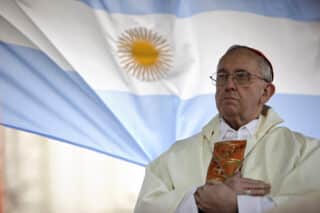I am pleased to read Michael Henry Ll. Yusingco’s commentary, “Decentralized governance is the goal,” (1/10/17).
I agree with him and I hasten to add that an improved, enhanced and perhaps an “expanded” decentralized governance is now necessary.
Many countries have long been working on decentralized governance. The Philippines is a recognized leader on decentralization in the Asian region, yet ours is not a perfect model, and many arising challenges make it imperative to take a second look at the Local Government Code of 1991.
That’s what the Senate committee on local government under the chairmanship of Sen. Sonny Angara is working on. I am privileged to be part of the technical working group of this committee.
Initial scoping by the group shows that “patches of good governance” do not suffice anymore. There is a need to upscale and expand local governance to meet the complex challenges, such as disaster and climate risk management, the consolidation of solid waste management, and the horrendous management of traffic, infrastructure development and connectivity — all of which cut across towns and cities.
Disasters such as typhoons do not choose towns or cities to hit because natural calamities know no political boundaries. There is a need to go the way of a bigger territorial development or an interzonal development cooperation especially if the country wants to manage natural resources.
Watersheds, for example, cut across towns or even provinces. These natural resources are the bases of wealth and revenues, and as such, it is necessary to manage and sustain them. All these need a targeted, shared management of wider territories beyond voluntary interzonal cooperation.
A robust, well-thought-out and expanded system of local governance is not in conflict with federalization, as the Swiss put it. Still and all, decentralized governance remains the goal and the challenge.
EDNA E. A. CO, director, Cifal Philippines, eaco@up.edu.ph



